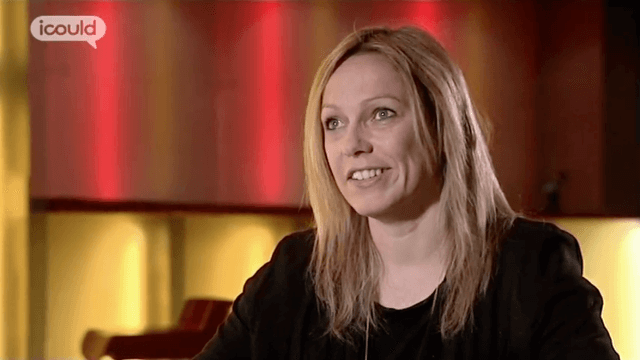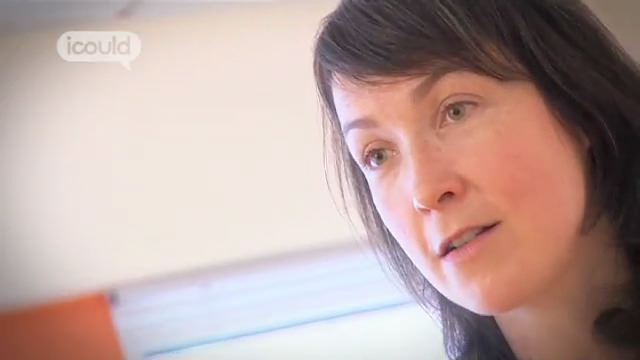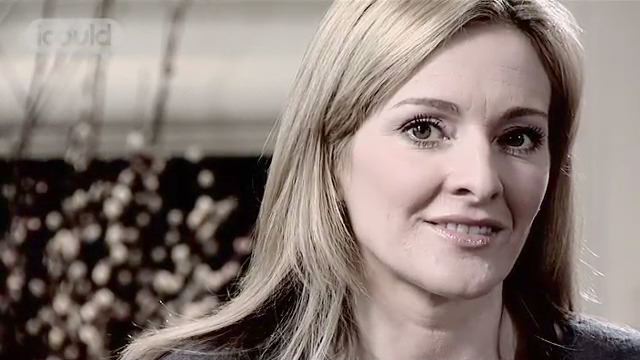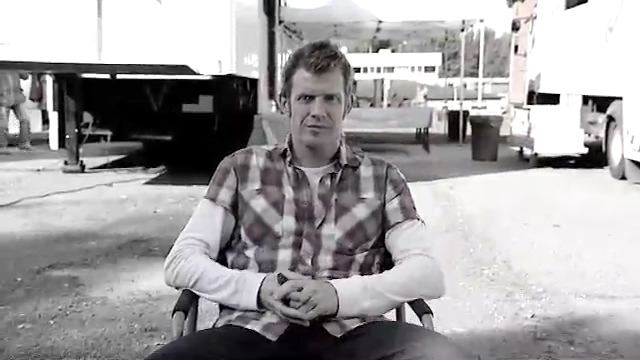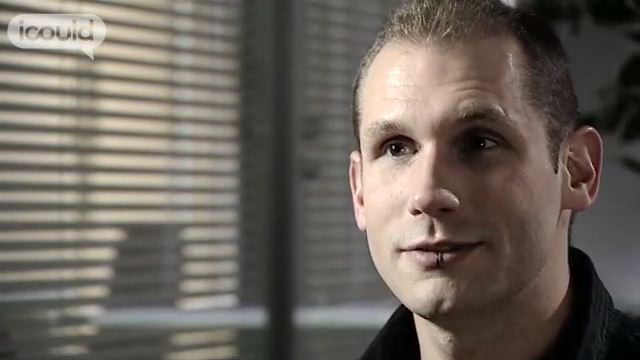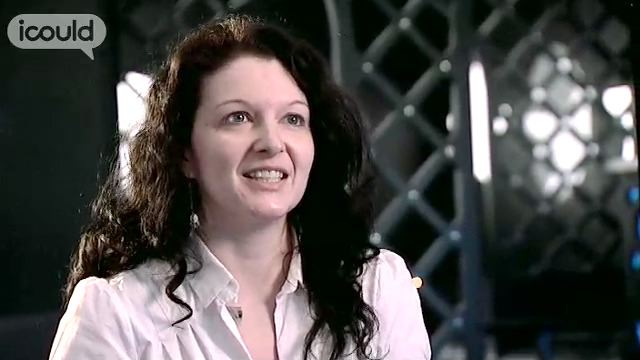From stage to screen: working in event cinema
From stage to screen: working in event cinema
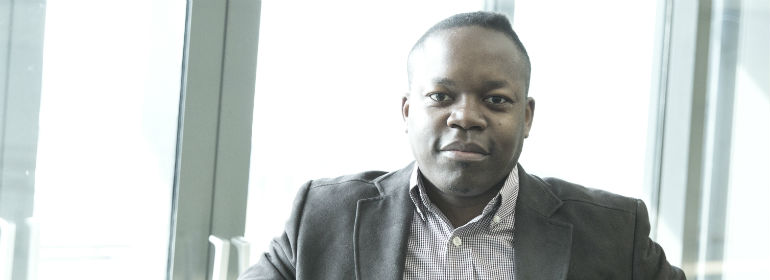
Cinema Operations Manager Edgar Kamga helps brings live and recorded opera and ballet performances from The Royal Opera House to cinemas in over 35 countries.
What do you do?
I’m in charge of all things cinema that occur between the Royal Opera House and our external partner companies, from cinemas to suppliers and technical partners, in relation to getting our content into cinemas around the world. My job mainly consists of handling relationships between the Opera House and cinemas here in the UK and abroad.
What does a typical day or week involve?
Constantly juggling. Right now we are working on the whole season. We oversee all aspects of activity, from processing box office returns to see how popular events have been and to better understand who comes to them, to reviewing the quality of recording, transmission and post production work around each title.
We also book satellite space and liaise with all content-producing departments. We constantly work from one title to the next while foreseeing any potential issues that may come along. There is always a show on the horizon and a show to follow up on, while constantly analysing our data so it serves both us and our audiences.
What do you enjoy most and least about your work?
I like the intensity of it. I am not very passive, I like that we are constantly pushing. I like the immediate pay-off, what is on the screen, and the immediate feedback on social media. I also like the fact that you have been able to share that experience with people all around the globe. I love what the content we bring to people means to them and I take great pride in the Royal Opera House being one of the leaders in the field.
I don’t really like for things to remain static even though structure is critical to be able to bring together all the different people and organisations involved.
What makes you suited to your job?
Enthusiasm, curiosity and energy. You have to be interested in the content or in the art form in general. There is something very humbling about seeing people that are the best on the planet at what they do and being able to be part of that process in a small way.
Every aspect of your job is helping someone, it all has a result. An easy mistake can mean that somewhere in a big capital a room full of people could miss the show or that a small cinema in a remote area could lose revenue. You need to be interested in people, interested in what’s going on. The key is to make sure that everyone has the tools they need to do their job and then just get out of their way.
How did you get into your current line of work?
I have a strange path as there is no course for what I am doing. My job touches various aspects of business, art and entertainment but remains rooted in real-world skills. I studied business law then did a Master of fine art in film, then started work doing rewrites on screenplays and later, treatments for advertising.
I went on to work on advertising campaigns for big brands and various ad agencies where I learned to manage budgets and expectations. I was brought in to the Royal Opera House to work on the cinema activity well before we ever did live cinema. We now have 12 live titles a year.
What advice would you give someone starting out?
It is a really good time to be doing this, it’s a new area and the model works. Alternative content, or event cinema as it is called in the industry, continues to grow year on year despite fierce competition from other forms of entertainment both live and online. Alternative content providers are bringing audiences back to cinema.
I’d say start by working in a cinema. Any cinema. From a simple room in a town hall with a makeshift screen and a few chairs, to a big multiplex part of a large cinema chain. Work hard, get noticed, work your way up and zero in on these special events.
Technology moves really fast so it could be counterproductive to only start at the technical end. Understand the people so you can understand the machine and you will get there.
What are your future career plans?
I don’t know. It’s been so fast and so intense, we had 300 cinemas in the beginning and now average 2000. I’m not sure what the future holds but as a business-minded person, what’s next is always on my mind.
Find out more
See more interviews with staff at Royal Opera House:
What is a learning and participation officer?
What does a lighting visualiser do?
Visit The Royal Opera House or find opera on a cinema screen near you.
